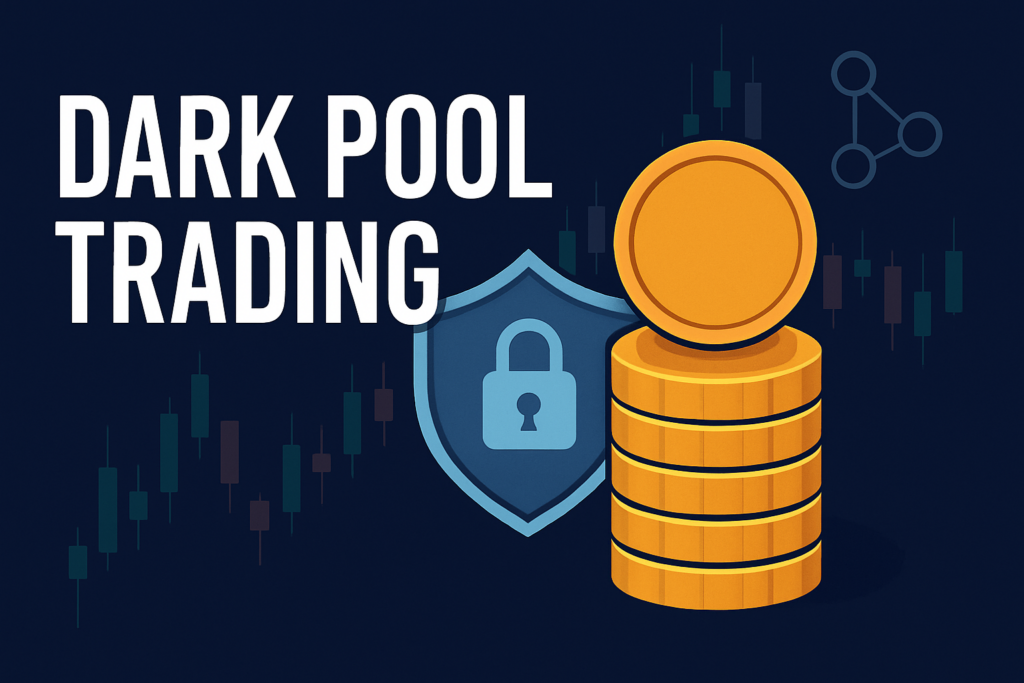In the world of finance, not all trades happen in the open market. A significant portion of buying and selling takes place away from public exchanges — in what are known as dark pools.
What Is Dark Pool Trading?
Dark pool trading refers to private, non-public exchanges where institutional investors — such as hedge funds, pension funds, and mutual funds — can trade large blocks of securities without revealing their intentions to the broader market.
The term “dark” comes from the fact that orders in these venues are not visible to the public until after the trades are executed.
Why Do Investors Use Dark Pools?
The main goal is to reduce market impact.
If a large investor tried to buy millions of shares on a public exchange, the price might spike before they could complete the order, costing them more.
Similarly, selling a massive position could push the price down before the sale is complete.
By using a dark pool, these trades can be executed discreetly, minimizing price movement and maintaining confidentiality.
How Dark Pools Work
- Participants: Typically large institutions, not retail traders.
- Order Matching: Trades are matched anonymously within the pool.
- Reporting: Trade details are reported after execution, often with a delay.
Benefits
- Lower market impact for large trades.
- Greater privacy in executing strategies.
- Potentially better pricing for big orders.
Risks and Criticism
- Lack of transparency: Critics argue dark pools reduce overall market visibility.
- Potential for unfair advantage: High-frequency traders sometimes exploit information from dark pools.
- Regulatory scrutiny: Authorities monitor these venues to ensure fair practices.
The Bottom Line
Dark pool trading is a crucial tool for institutional investors, offering privacy and reduced market impact. However, its lack of transparency raises questions about fairness in the financial system.
For retail investors, understanding dark pools is important, even if they don’t directly participate — because the activity inside can influence market prices.







